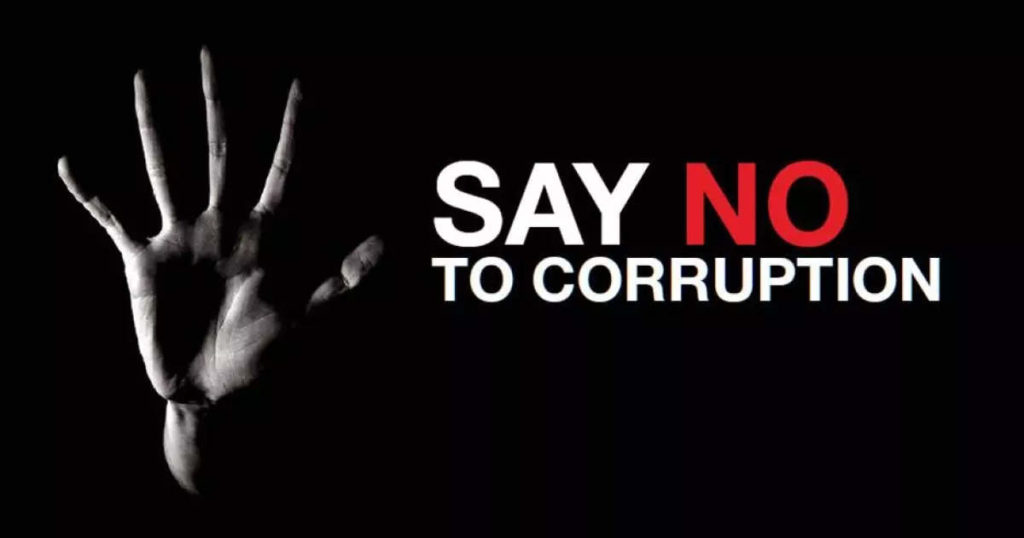
Anti-Corruption & Bribery Policy
1.1 It is our policy to conduct all of our business in an honest and ethical manner. We take a zero-tolerance approach to bribery and corruption and are committed to acting professionally, fairly and with integrity in all our business dealings and relationships wherever we operate and implementing and enforcing effective systems to counter bribery.
1.2 We will uphold all laws relevant to countering bribery and corruption in all the jurisdictions in which we operate. However, we remain bound by the laws of the UK, including the Bribery Act 2010, in respect of our conduct both at home and abroad.
1.3 The purpose of this policy is to:
(a) set out our responsibilities, and of those working for us, in observing and upholding our position on bribery and corruption; and
(b) provide information and guidance to those working for us on how to recognize and deal with bribery and corruption is-sues.
1.4 Bribery and corruption are punishable for individuals by up to ten years’ imprisonment and if we are found to have taken part in corruption we could face an unlimited fine, be excluded from tendering for public contracts and face damage to our reputation. We therefore take our legal responsibilities very seriously.
1.5 We have identified that the following are particular risks for our business: the involvement in transactions where the par-ties are involved in bribery. To address those risks we have sought assurances from the clients concerned (such as through the inclusion of anti-bribery policy wording in any contract) that no bribery has taken place.
1.6 In this policy, third party means any individual or organization you come into contact with during the course of your work for us, and includes actual and potential clients, customers, suppliers, distributors, business contacts, agents, advisers, and government and public bodies, including their advisors, representatives and officials, politicians and political parties.
Who is covered by the policy?
This policy applies to all individuals working at all levels and grades, including senior managers, officers, directors, employees (whether permanent, fixed-term or temporary), consultants, contractors, trainees, seconded staff, homeworkers, casual workers and agency staff, volunteers, interns, agents, sponsors, or any other person 2. associated with us, or any of our subsidiaries or their employees, wherever located (collectively referred to as workers in this policy).
What is bribery?
A bribe is an inducement or reward offered, promised or provided in order to gain any commercial, contractual, regulatory or personal advantage.
Examples:
Offering a bribe
You offer a potential client tickets to a major sporting event, but only if they agree to do business with us.
This would be an offence as you are making the offer to gain a commercial and contractual advantage. We may also be found to have committed an offence because the offer has been made to obtain business for us. It may also be an offence for the potential client to accept your offer.
Receiving a bribe
A supplier gives your nephew a job, but makes it clear that in return they expect you to use your influence in our organization to ensure we continue to do business with them. It is an offence for a supplier to make such an offer. It would be an offence for you to accept the offer as you would be doing so to gain a personal advantage.
Bribing a foreign official
You arrange for the business to pay an additional payment to a foreign official to speed up an administrative process, such as clearing our goods through customs.
The offence of bribing a foreign public official has been committed as soon as the offer is made. This is because it is made to gain a business advantage for us. We may also be found to have committed an offence.
Expedite a routine government action by a government official. They are not commonly paid in the UK, but are common in some other jurisdictions.
If you are asked to make a payment on our behalf, you should always be mindful of what the payment is for and whether the amount requested is proportionate to the goods or services provided. You should always ask for a receipt which details the reason for the payment. If you have any suspicions, concerns or queries regarding a payment, you should raise these with the compliance manager.
Kickbacks are typically payments made in return for a business favor or advantage. All workers must avoid any activity that might lead to, or suggest, that a facilitation payment or kickback will be made or accepted by us.
Donations
We do not make contributions to political parties. We do not make charitable donations. No donation must be offered or made without the prior approval of the compliance manager.
